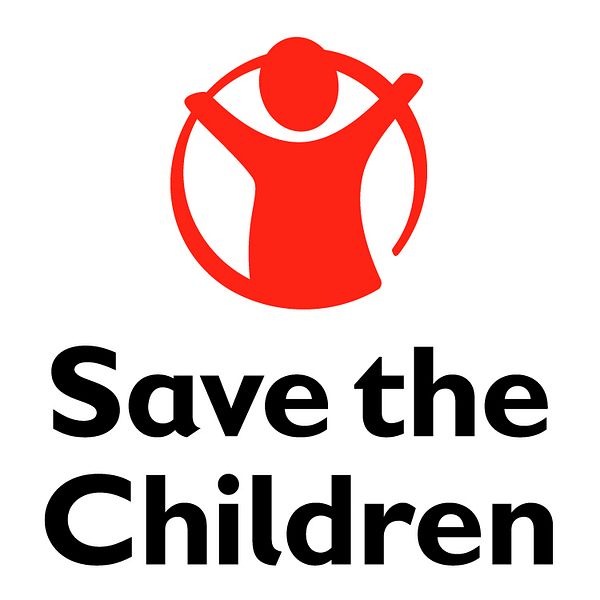Blog post -
Eye-opening visit to Peshawar, Pakistan
By Faris Kasim
“There was heavy bombing in our village and I saw people getting hurt in the crossfire. My family decided to leave for Bara but there was fighting there as well and large explosions at night. We left early the next morning with all our belongings and reached Peshawar after a few hours. Back home, my elder brothers and father work as manual labourers or farmhands. I was studying in Class IV but have not been to school since we came here two months ago.”
It was strange to hear the calm voice of 10-year-old Ahmed as he narrated his ordeal above. We met in one of Save the Children’s temporary learning centers established as safe educational and play spaces for children recently displaced from their homes in Khyber Agency. An estimated 250,000 Internally Displaced People (IDPs) from the Khyber Agency in the Federally Administered Tribal Areas (FATA) have moved into Khyber Pakhtunkhwa province.
Although regular skirmishes between the Pakistani army and militants have occurred in Khyber Agency for the past three years, the upsurge in violence since January 2012 has resulted in the mass exodus of people seeking shelter in Peshawar, Nowshera and Charsadda districts.
Internationally, this story has received little attention – drowned out by violence in Syria, hunger in West Africa and tensions between the U.S. and Iran. Even in Pakistan itself, few have heard about the situation in the remote border area, with protests against rising fuel prices and shortage of basic amenities getting more attention.
On my visit to one community in a village on the outskirts of Peshawar, I found more than a dozen families from Khyber Agency. The village has mud brick homes, narrow dusty streets and open sewers. Twenty people were sharing one house with two rooms, a squalid kitchen and one toilet.
Displaced children are not enrolled in schools of Peshawar because their families cannot afford basic school supplies or because they lack required paperwork. With no school to attend, most children roam around the streets during the day. There’s a danger that those who have dropped out might not return to school when (and if) they go home.
“Most of the families cannot afford two meals a day,” said Nawaz, supervisor of Save the Children’s temporary learning center in the community. The center provides basic education to out-of-school children and helps enrol others. It also provides a safe space for children to play rather than loitering in unfamiliar and potentially dangerous neighbourhoods. To date, Save the Children has established four such centers in areas with high concentration of IDPs, with more than 350 children benefiting from them.
“These people are extremely poor and most of the families are of 8 – 10 members,” said Nawaz. “It is impossible to have sufficient food because the men earn only pitiful daily wages in and around [Peshawar] city.”
And these are ‘lucky ones’ who have somehow managed to rent spaces for themselves and are trying to find work rather than waiting for assistance in the infamous Jalozai Camp – the only space for IDPs to register at the moment. The camp is located 30 kms from Peshawar and is currently overcrowded.
It’s not just the overcrowding or cultural sensitivities that deter people from staying in the camp. Many have stood in mile-long lines for six to eight hours, under the burning sun, only to be told to eventually to return the next day for registration. Those who have lost their national identity cards or other documents do can’t register at all.
It’s a difficult and uncertain situation for many. Save the Children is doing what we can but we can’t make their lives return to normal.
“I really wish I could return home soon.” said Ahmed. “I miss my school and friends.”
Topics
- Children, Child care
Categories
- khyber agency
- save the children
- pakistan idps
